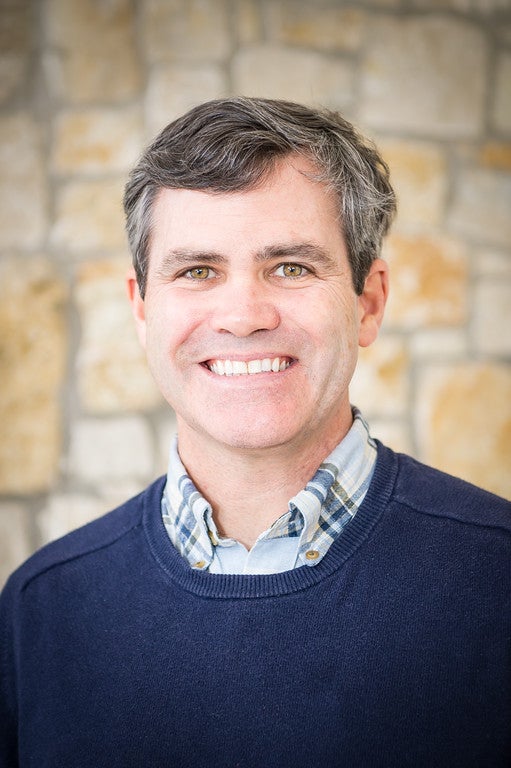How do Christians respond in a culture waning from church
Published 4:00 pm Thursday, August 31, 2023

THE REV. ROBERT CUNNINGHAM
Of course, I believe my opinions are worthy of your consideration; why would I share them if not? But as a student of culture, I also recognize my perspective is an increasingly dismissed perspective within American society. You see, I’m a pastor. Not just any pastor, but one of those evangelical types, though I am increasingly wary of that label.
Call me what you will, I am a pastor who still has the audacity to believe and practice the historic tenets of Christian faith, and I am not naïve to the reality that, for many, this positions me and my opinions as relics of the past.
I am also the father of four sons, ages 6 to 15. Unsurprisingly, how my youngest son views me is drastically different from my oldest. My youngest considers my perspective nearly infallible, while my teenager is naturally beginning to challenge that same perspective. My youngest looks to me for security and strength, while my teenager is exploring the potential of his independence. My youngest thinks I’m cool, my teenager, well, not so much.
This parental transition I am experiencing at home is a fitting metaphor for the pastoral transition I am experiencing in society.
There was a time in our nation’s history when our culture received the clergy voice like my youngest son, with respect, reverence and relevance. But in many ways, it would seem our society is quickly outgrowing what it views as an adolescent dependence upon religious authority.
This is the conclusion of philosopher Charles Taylor, who argues Western Society has entered a post-Christian secular age, which presents itself as a coming of age. We cast off archaic religious norms and institutions no longer considered beneficial to society in favor of a spiritually disenchanted world of enlightened independence.
Even in Kentucky, a relatively religious state compared to others, churchgoers are decisively in the minority and further declining with each new generation.
Such a dramatic cultural change is disorienting, even unnerving, to Christians who no longer enjoy the comforting center of cultural influence but instead find themselves in the alienated margins of society. But marginalization, not domination, is the normal position of Christian influence, historically speaking.
And not only has the Christian faith survived on the margins, with a counterintuitive success promised by Jesus and confirmed by history, Christianity seems strongest in its weakness. But to flourish on the margins, the Christian witness must adapt to the margins. Simply put, we can no longer assume our neighbors find our perspective desirable or even plausible, and we must respond accordingly.
The necessary response is discovered within the tension of the Apostle Paul’s admonition to “speak the truth in love.” It seems to me that American Christianity is failing this cultural moment by compromising either truth or love. Some Christians respond to our marginalization with a form of accommodation, abandoning Christian truth for the greater goal of cultural consent. Other Christians respond with a form of retaliation, abandoning Christian love for the greater goal of cultural conquest. The former seeks societal validity, the latter seeks societal victory, but both are missing the fullness of truth and love.
The admittedly ambitious aim of my regular contributions will be to offer a Christian perspective that balances truth and love. The danger of that goal is that I will inevitably disappoint, perhaps even infuriate, both sides of the truth/love Christian divide, which would prefer I prioritize one over the other. But truth and love are worth the scorn because both are what our world is desperate for.
Make no mistake, the secular age is not sustainable. As Julian Barnes poignantly opens his memoir, “I don’t believe in God, but I miss Him.” We may seek to rid ourselves of religion, but religion will not rid itself of us.
And like a teenager who has tested the limits of parental authority only to return in adulthood to the foundational wisdom of their upbringing, perhaps our society’s secular coming of age will give way to a religiously mature future.
Regardless of what is to come, as our culture wrestles with the futility of irreligious life, let the Christian witness be always present, faithfully offering our world the fullness of truth and love.
— The Rev. Robert Cunningham is the founder and director of Christ for Kentucky. He earned a Master of Divinity from Covenant Theological Seminary and is a Ph.D. candidate at the University of Leicester, researching the role of religion in America’s founding era. You can follow him on Twitter @RobertC4KY and send questions and comments to assistant@christforky.org





